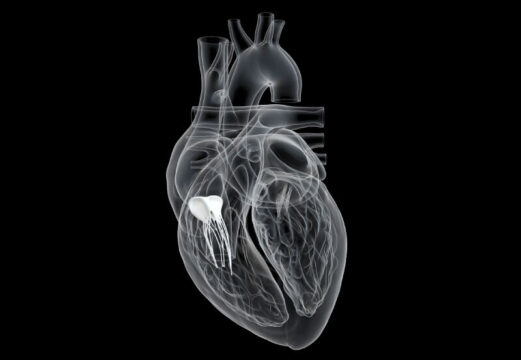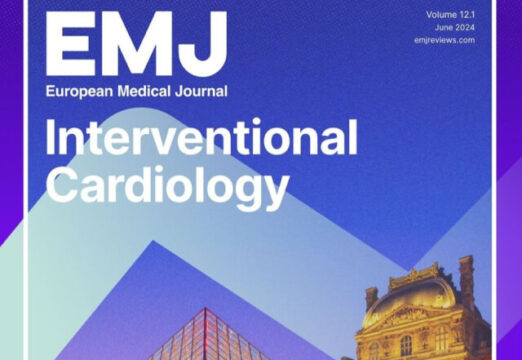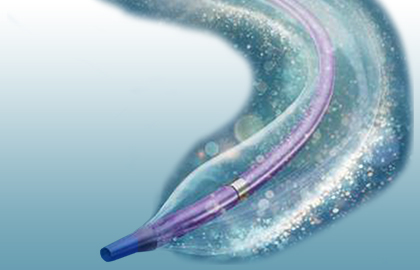
However, study design should moderate our enthusiasm, mainly because of the cost of this device.
Detroit Cardiogenic Shock Initiative has stressed early identification of cardiogenic shock and Impella implantation, event before primary PCI, to reduce the use of vasopressors and inotropes. This cardiogenic shock early alarm protocol was applied to 37 patients, and had 84% survival rate at discharge. None of these patients required ventricular assist devicies or cardiac transplant.
Patients saw better evolution when operators used invasive hemodynamic monitoring, so use of Swan-Ganz monitoring to guide the inotropic therapy, and decide device extraction could be important.
Si bien un 84% de sobrevida al alta en el contexto de un infarto en shock cardiogénico es muy impresionante, la falta de un grupo control o de ajuste en ciertas comparaciones limita mucho la fuerza de estos hallazgos, por lo que se deben esperar estudios con más pacientes y con un diseño más estricto para conclusiones más definitivas.
Título original: Outcomes for 15,259 US patients with acute MI cardiogenic shock (AMICS) supported with Impella.
Presentador: O’Neill WW.
Subscribe to our weekly newsletter
Get the latest scientific articles on interventional cardiology
We are interested in your opinion. Please, leave your comments, thoughts, questions, etc., below. They will be most welcome.





